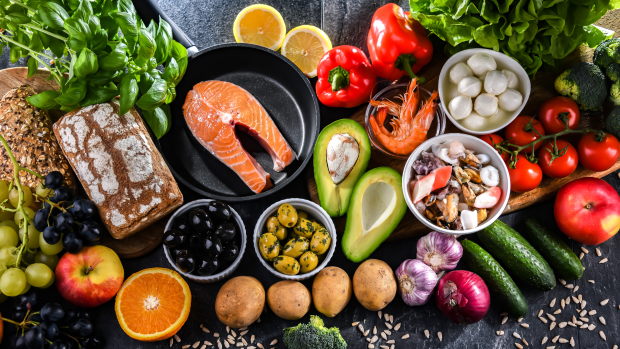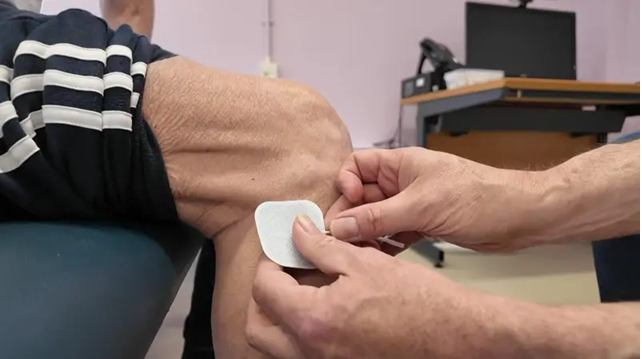Stress is a demand made on your body. A stressor can be people, places, or events that you see as a threat. Stress is a normal chemical reaction in your body which can be either good or harmful.
Parkinson’s is a chronic condition that can lead to many different kinds of stress. People with Parkinson’s are often under great stress which can lead to health problems. If stress does not stop then your body never gets a chance to heal itself.
It is important to try to identify the stressors in your life. These could include:
- Change of personal circumstances
- Moving house
- Changing your job
- Concerns about family or friends
- Medications new or changed
Learn to recognise the signs of stress:
- Dry mouth
- Headache
- Confusion
- Nightmares
- Clammy hands
- Tearfulness
- Depression
- Feeling faint
- Fingernail biting
- Decreased talking
- Speaking too much or too quickly
- Chain smoking
- Over or under eating
- Heart palpitations
- Fatigue/weariness
- Anger, resentment, or irritability
- Gut issues including constipation, nausea, diarrhoea, or indigestion
These signs and symptoms occur because the body and mind become exhausted from trying to deal with the constant state of stress. Identifying stressors can lead to taking action to manage and reduce stress.









